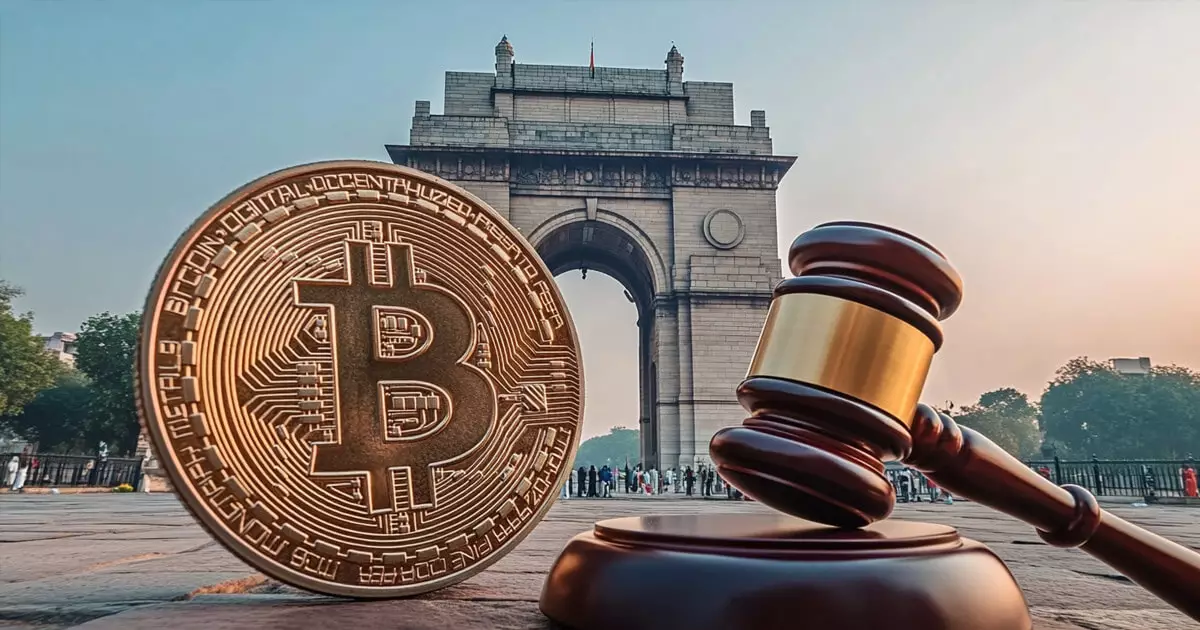The Indian government is taking a proactive approach towards regulating the crypto sector by introducing comprehensive regulations. It has been reported that the government is gearing up to release a consultation paper in the coming weeks to solicit feedback from stakeholders. This initiative underscores the government’s commitment to establishing a regulatory framework for digital currencies in India.
A panel led by the Secretary of the Department of Economic Affairs (DEA) is spearheading the efforts to draft the consultation paper. The paper is expected to address various aspects of crypto regulation, including identifying responsible regulatory bodies, outlining the necessary components of a regulatory framework, and proposing a timeline for implementation. This demonstrates the government’s determination to create a well-defined regulatory structure for the crypto sector.
Finance Minister Nirmala Sitharaman emphasized the need for unified crypto regulation at the G20 level back in October 2023. She highlighted the importance of coordinating regulatory approaches to cryptocurrencies globally while recognizing the need for countries to tailor regulations to fit their specific legislative environments. This underlines the significance of international cooperation in addressing the challenges posed by digital assets.
The Indian government’s move to regulate the crypto sector is part of a broader strategy to mitigate the risks associated with digital assets, especially in emerging economies. Economic Affairs Secretary Ajay Seth has stressed the importance of building robust regulatory mechanisms to safeguard financial stability. By establishing new registration requirements for crypto firms and cracking down on non-compliant platforms, India is taking proactive steps to ensure transparency and accountability in the sector.
Despite regulatory uncertainties and a stringent tax environment, crypto usage in India has witnessed significant growth. An estimated 115 million Indians are currently involved in crypto investments, representing about 15% of the population aged 18 to 60. The country has emerged as one of the largest markets for digital assets globally, with a growing number of young investors under 30 seeing digital assets as a promising long-term investment opportunity.
The Indian government’s efforts to introduce comprehensive regulations for the crypto sector reflect its commitment to creating a conducive environment for digital asset governance. By engaging with stakeholders, coordinating with international partners, and addressing inherent risks, India is poised to establish a robust regulatory framework that promotes innovation while safeguarding financial stability.


Leave a Reply